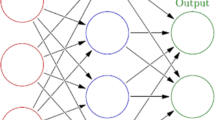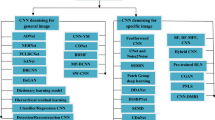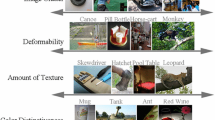Neural networks can learn from human decisions and preferences. Especially in human-computer interaction, adaptation to the behaviour and expectations of the user is necessary. In information retrieval, an important area within human-computer interaction, expectations are difficult to meet. The inherently vague nature of information retrieval has led to the application of vague processing techniques. Neural networks seem to have great potential to model the cognitive processes involved more appropriately. Current models based on neural networks and their implications for human-computer interaction are analysed. COSIMIR (Cognitive Similarity Learning in Information Retrieval), an innovative model integrating human knowledge into the core of the retrieval process, is presented. It applies backpropagation to information retrieval, integrating human-centred and soft and tolerant computing into the core of the retrieval process. A further backpropagation model, the transformation network for heterogeneous data sources, is discussed. Empirical evaluations have provided promising results.
Similar content being viewed by others
Author information
Authors and Affiliations
Rights and permissions
About this article
Cite this article
Mandl, T. Tolerant Information Retrieval with Backpropagation Networks. NCA 9, 280–289 (2000). https://doi.org/10.1007/s005210070005
Issue Date:
DOI: https://doi.org/10.1007/s005210070005




